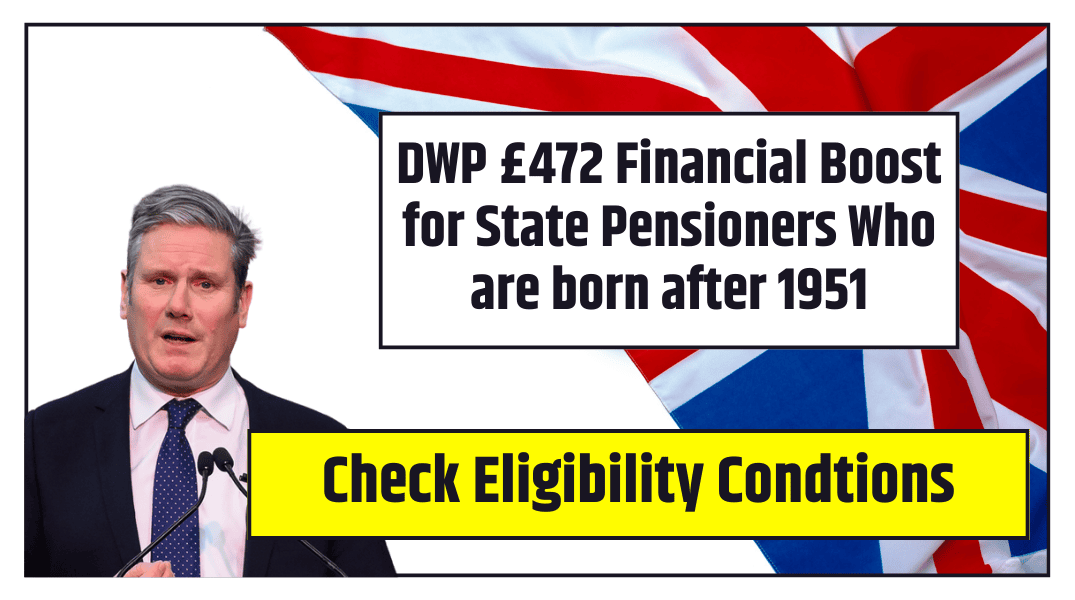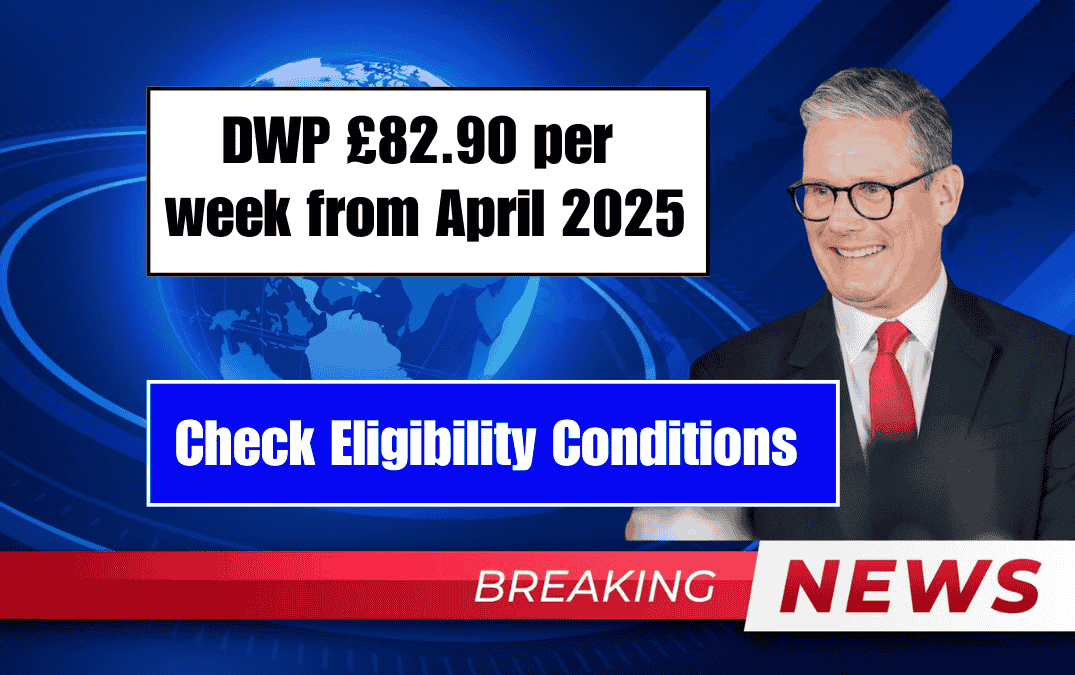Starting Sunday, 6 April 2025, millions of UK pensioners will get a welcome increase in their state pension payments. Despite the rising cost of living during what many are calling “Awful April,” this annual increase will bring extra cash to retirees’ bank accounts.
The rise comes from the triple lock guarantee — a system that ensures pensions go up each year by the highest of inflation, average wage growth, or 2.5%. This year, wage growth was the highest at 4.1%, so the increase follows that.
How Much Will the State Pension Increase?
If you’re on the full new state pension (for people who reached pension age after April 2016), your weekly payment will go from £221.20 to £230.30. This equals a rise of about £472 per year.
If you’re receiving the old basic state pension (for those who reached pension age before April 2016), your weekly income will increase from £169.50 to £176.45, giving you about £363 more per year.
How Do You Qualify for the Full State Pension?
To receive the full amount, you need to have at least 35 years of National Insurance contributions (NICs). If you have gaps in your NICs — for example, if you lived abroad or took time off work to care for children — you may receive less than the full pension.
From 6 April 2025, you’ll only be able to make voluntary NIC payments for the last six tax years. Earlier, you could backdate NICs all the way to 2006, but this option will no longer be available.
Pension Credit Also Increases from April
In addition to the pension increase, Pension Credit is also rising by 4.1% from April 6. This benefit is for people who are above retirement age and have a lower income.
New Pension Credit weekly rates:
- £227.10 for single pensioners (up from £218)
- £346.60 for couples (up from £332.50)
- This equals an increase of £465 per year for singles and £710 per year for couples.
Shockingly, about 425,000 pensioners aged 75+ are eligible for this benefit but are not claiming it. If you’re unsure whether you qualify, it’s worth checking.
How Savings Affect Pension Credit
- If you have less than £10,000 in savings or investments, it won’t affect your Pension Credit claim.
- If you have more than £10,000, every additional £500 is counted as £1 of weekly income. For example:
- If you have £11,000 in savings, that adds £2 per week to your income in the assessment.
This April, despite general financial worries, millions of pensioners will see a real boost in their incomes through state pension increases and Pension Credit. Whether you’re on the new or old pension scheme, this uplift is a much-needed support to help deal with rising living costs.
If you’re not yet claiming Pension Credit, check your eligibility — you might be missing out on hundreds of pounds each year.
FAQ’s
How much is the new full state pension in 2025?
From April 6, 2025, the full new state pension will rise to £230.30 per week, up from £221.20.
Who gets the new state pension?
The new state pension is for those who reached pension age after 6 April 2016. Those who retired before that receive the old basic state pension.
Can I top up my National Insurance contributions?
Yes, but from April 6, 2025, you can only make voluntary contributions for the past 6 years, instead of backdating to 2006.
What is Pension Credit and how much is it now?
Pension Credit is a benefit for low-income pensioners. From April 2025, it will be £227.10 per week for singles and £346.60 for couples.
Do savings affect Pension Credit?
Yes. Savings over £10,000 reduce your entitlement. Every £500 above the limit is treated as £1 income per week.












